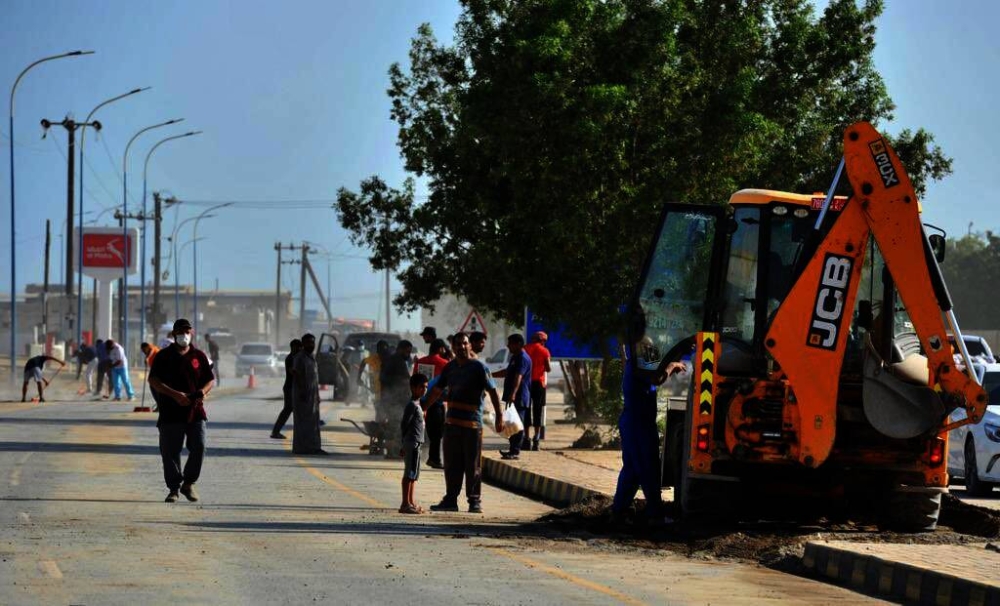

Cyclone Shaheen has left her indelible mark upon the Sultanate, which must now turn to the cleaning up, rebuilding of damaged infrastructure, and replacement of lost resources and possessions. But what about the people? How do you put people back together after such a traumatic event?
Potentially life-threatening natural disasters, such as Gonu, in 2007, and now Shaheen, last week, can be psychologically overwhelming, whether lives are lost, or not. Seeing, and being surrounded by the devastation wrought by extreme natural events among families, communities, societies, can be a knife that cuts deeper than we often give credit. Most people, being resilient, will bounce back quickly, but what of the others?
Anka Vujanovic and Matthew Gallagher are in the Department of Psychology at the University of Houston say, “For those directly impacted, the immediate aftermath of a disaster can be disorienting, marked with displacement, shock, and a strong need to restore order. Thus, for some people, the full impact of a disaster and its impact on their mental health may not be obvious for weeks or months after the disaster occurs.”
Many impacted, though not severely by such events may feel what is known as ‘survivor’s guilt,’ a much deeper feeling of loss for others in that complex, yet simple manner that is another hallmark of humanity, asking themselves... “Why them? Why not me?” In this, families, societies and communities must avoid isolation, and focus on supporting each other.
Vujanovic and Gallagher insist that a return to normality through “regular eating, sleep, and exercise, can be key to promoting health and well-being through challenging times.” In recovery from anxiety, deep breathing exercises, and conversations with supportive others can make a significant difference, to the holistic nature of disaster recovery.
Long-term psychological consequences are rare among those who have lost possessions or been inconvenienced, but post-traumatic stress, depression, anxiety and anti-social behaviours can occur. Especially if someone failed to listen to prior warnings concerning the disaster, and this is quite prevalent. Some people stop listening to weather warnings, this being the ‘cry wolf effect,’ and then regret not moving to higher ground or some such response. They are the ones most likely to have issues.
Again, the academics caution awareness of those around you, and especially if others ‘open up’ to you, it is probably a cry for help, so be a good listener. Panic attacks, nightmares or a lack of sleep, intrusive and repetitive memories, ‘over the top’ reactions to minor events, irritability, even at the other end of the conversational spectrum, topical avoidance in not wanting to talk about it can be as clear a signpost as excessive unsocial behaviours. Depression, disinterest, disheveled appearance, and a lack of care and respect for oneself, and strained relationships are other indications that something may be amiss. Don’t be too quick to ignore the signs.
There is no perfect solution here, but the experts agree that togetherness is a panacea for most such ills. Share your experiences, re-establish normality and routine as soon as possible, and make good small decisions, that will lead to good big decisions, in time.
‘All the King’s horses and all the King’s men, couldn’t put Humpty Dumpty back together again, but maybe you can help others rebuild their lives in Shaheen’s aftermath.
Oman Observer is now on the WhatsApp channel. Click here



